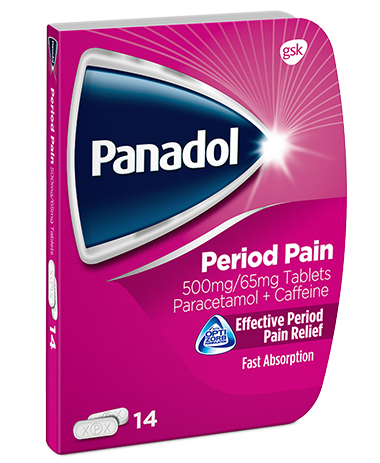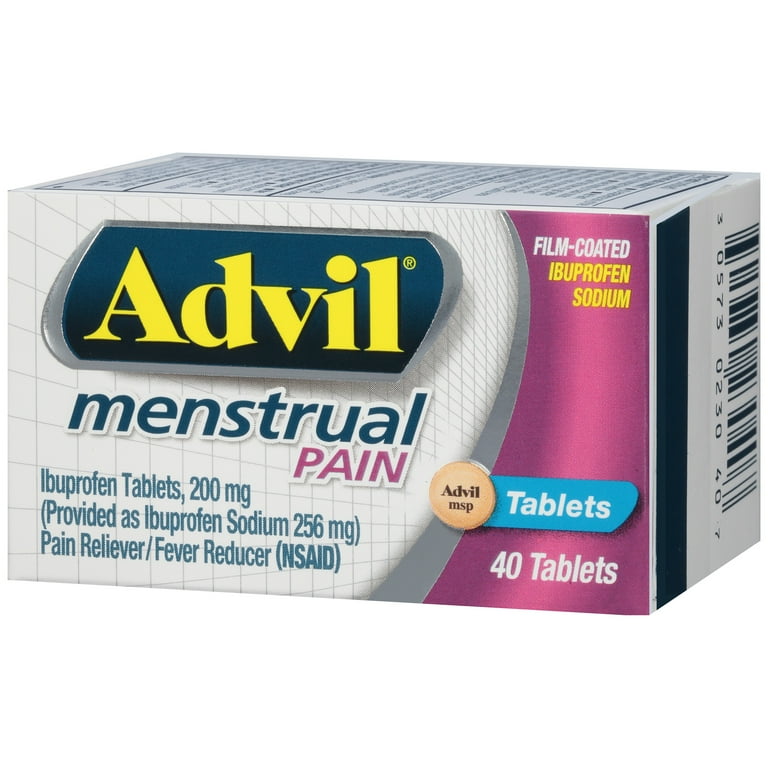We deliver to you every day from 7:00 to 23:00
The best discounts this week
Every week you can find the best discounts here.
What Painkillers Work for Menstrual Pain?
Menstrual pain, also known as dysmenorrhea, affects many women worldwide. It can range from mild discomfort to severe, debilitating pain that interferes with daily activities. Fortunately, there are several painkillers that can help alleviate menstrual pain. In this article, we’ll explore the most effective options for managing period pain, their benefits, potential side effects, and other tips to improve your comfort during that time of the month.
Understanding Menstrual Pain
Menstrual pain occurs when the muscles of the uterus contract to help shed the lining. These contractions can cause cramping, bloating, and discomfort. In addition to physical pain, women may experience headaches, nausea, or back pain. While it’s a normal part of the menstrual cycle, the severity of menstrual pain can vary widely from one individual to another.
If you’re experiencing painful periods, understanding your pain management options is key to improving your quality of life during this time.

Common Painkillers for Menstrual Pain
There are several types of painkillers available to treat menstrual cramps. The most common ones include nonsteroidal anti-inflammatory drugs (NSAIDs), acetaminophen, and prescription medications for severe cases.
1. Nonsteroidal Anti-Inflammatory Drugs (NSAIDs)
NSAIDs are often the first-line treatment for menstrual pain. These include medications like ibuprofen (Advil, Motrin), naproxen (Aleve), and diclofenac (Voltaren). These drugs work by reducing inflammation and blocking the production of prostaglandins, the chemicals responsible for causing uterine contractions and pain.
Benefits of NSAIDs:
-
Effective pain relief: NSAIDs target the root cause of menstrual cramps by inhibiting the production of prostaglandins.
-
Quick action: They usually start working within 30 minutes to an hour.
-
Over-the-counter availability: Most NSAIDs are available without a prescription, making them easily accessible.
However, NSAIDs can cause side effects such as stomach irritation, ulcers, and gastrointestinal bleeding, especially with long-term use. It’s important to follow dosage instructions and avoid taking them on an empty stomach.
2. Acetaminophen (Paracetamol)
Acetaminophen, commonly known as Tylenol, is another over-the-counter pain reliever. While it doesn’t reduce inflammation like NSAIDs, it can provide relief from mild to moderate menstrual pain. Acetaminophen works by blocking pain signals in the brain.
Benefits of Acetaminophen:
-
Gentle on the stomach: Unlike NSAIDs, acetaminophen doesn’t irritate the stomach lining, making it a good option for individuals with sensitive stomachs.
-
Widely available: It can be found in most pharmacies and supermarkets.
However, overuse of acetaminophen can lead to liver damage, especially if taken with alcohol or other medications that affect the liver.
3. Prescription Painkillers
For those with severe menstrual pain that doesn’t respond to over-the-counter medications, a doctor may prescribe stronger painkillers. These may include opioids or combination drugs that contain higher doses of NSAIDs or acetaminophen.
Benefits of Prescription Painkillers:
-
Stronger relief: Prescription medications provide stronger pain relief for more severe menstrual pain.
-
Combination formulations: Some prescription painkillers combine medications like acetaminophen with codeine or caffeine, providing more effective results.
The downside of prescription painkillers is the risk of addiction and side effects, including dizziness, nausea, and constipation.
4. Topical Pain Relief
For localized pain, topical treatments such as pain-relieving creams or patches can be applied directly to the abdomen. These products often contain menthol or capsaicin and can help to temporarily relieve cramps. Some patches also use heat therapy to relax the muscles and improve circulation.
Benefits of Topical Treatments:
-
No systemic side effects: Since these treatments are applied directly to the skin, they don’t cause the systemic side effects of oral medications.
-
Convenience: Patches and creams are easy to use and can be applied discreetly under clothing.
However, the effectiveness of topical treatments can vary from person to person. They are often best used in conjunction with other pain relief methods.

5. Herbal Painkillers and Supplements
In addition to conventional medications, some women find relief from menstrual pain through herbal remedies or dietary supplements. Herbs like ginger, turmeric, and chamomile have anti-inflammatory properties that may help reduce pain and cramping. Additionally, magnesium and vitamin B6 supplements can sometimes help alleviate symptoms.
Benefits of Herbal and Natural Remedies:
-
Fewer side effects: These remedies tend to have fewer side effects compared to pharmaceutical drugs.
-
Holistic approach: Many women prefer to use natural treatments as part of an overall wellness regimen.
It’s important to consult with a healthcare provider before using herbal remedies, as some can interact with prescription medications.
Other Methods for Managing Menstrual Pain
Aside from taking painkillers, there are other strategies that can help reduce menstrual pain and improve comfort during your period.
1. Heat Therapy
Applying heat to your abdomen is one of the most effective ways to relieve menstrual cramps. Heat helps to relax the muscles of the uterus, improving blood flow and reducing pain. You can use a heating pad, hot water bottle, or even heating patches for continuous relief throughout the day.
2. Exercise
While it may seem counterintuitive, physical activity can actually help reduce menstrual pain. Light exercise such as walking, yoga, or swimming releases endorphins, which are natural painkillers. Exercise also improves blood circulation, which can alleviate cramps.
3. Stress Management
Stress can worsen menstrual pain, so finding ways to manage stress is important. Techniques such as deep breathing, meditation, or progressive muscle relaxation can help reduce the severity of your symptoms.
4. Dietary Adjustments
Certain foods can either worsen or alleviate menstrual pain. Foods rich in omega-3 fatty acids, such as salmon and flaxseeds, have anti-inflammatory properties and can help reduce cramping. On the other hand, caffeine, salt, and sugar can exacerbate bloating and pain, so it may be helpful to avoid them during your period.
When to See a Doctor
While menstrual pain is common, severe or unusually painful periods may indicate an underlying condition such as endometriosis or fibroids. If your pain is significantly affecting your daily life, or if it doesn’t improve with typical painkillers and remedies, it’s essential to consult a healthcare provider. They may recommend further testing, prescription medications, or other treatments to manage your condition.
Frequently Asked Questions (FAQs)
Can painkillers help with period cramps?
Yes, painkillers like NSAIDs and acetaminophen can be very effective at relieving menstrual cramps. They help by reducing inflammation and blocking pain signals.
Are herbal remedies safe for menstrual pain?
Herbal remedies can be safe for many women, but it’s important to consult with your doctor before using them, especially if you are on other medications.
How long does menstrual pain usually last?
Menstrual pain typically lasts for 2 to 4 days, but it can vary depending on the individual and their underlying health conditions.
When should I see a doctor for period pain?
If your pain is severe, persistent, or doesn’t improve with over-the-counter painkillers, it’s important to consult a healthcare provider to rule out underlying conditions.
Conclusion
Menstrual pain is a common issue for many women, but there are numerous painkillers and non-medical strategies that can help alleviate discomfort. From over-the-counter medications like NSAIDs and acetaminophen to natural remedies and lifestyle changes, there are plenty of options to explore. If your pain persists or becomes severe, be sure to consult with a healthcare provider for further guidance and treatment options.

For those who want to simplify their digital marketing and automate tasks, DUYTHIN.DIGITAL provides powerful automation tools for Facebook, Zalo, Telegram, TikTok, and more. Check out our platform today to improve your online business operations!











